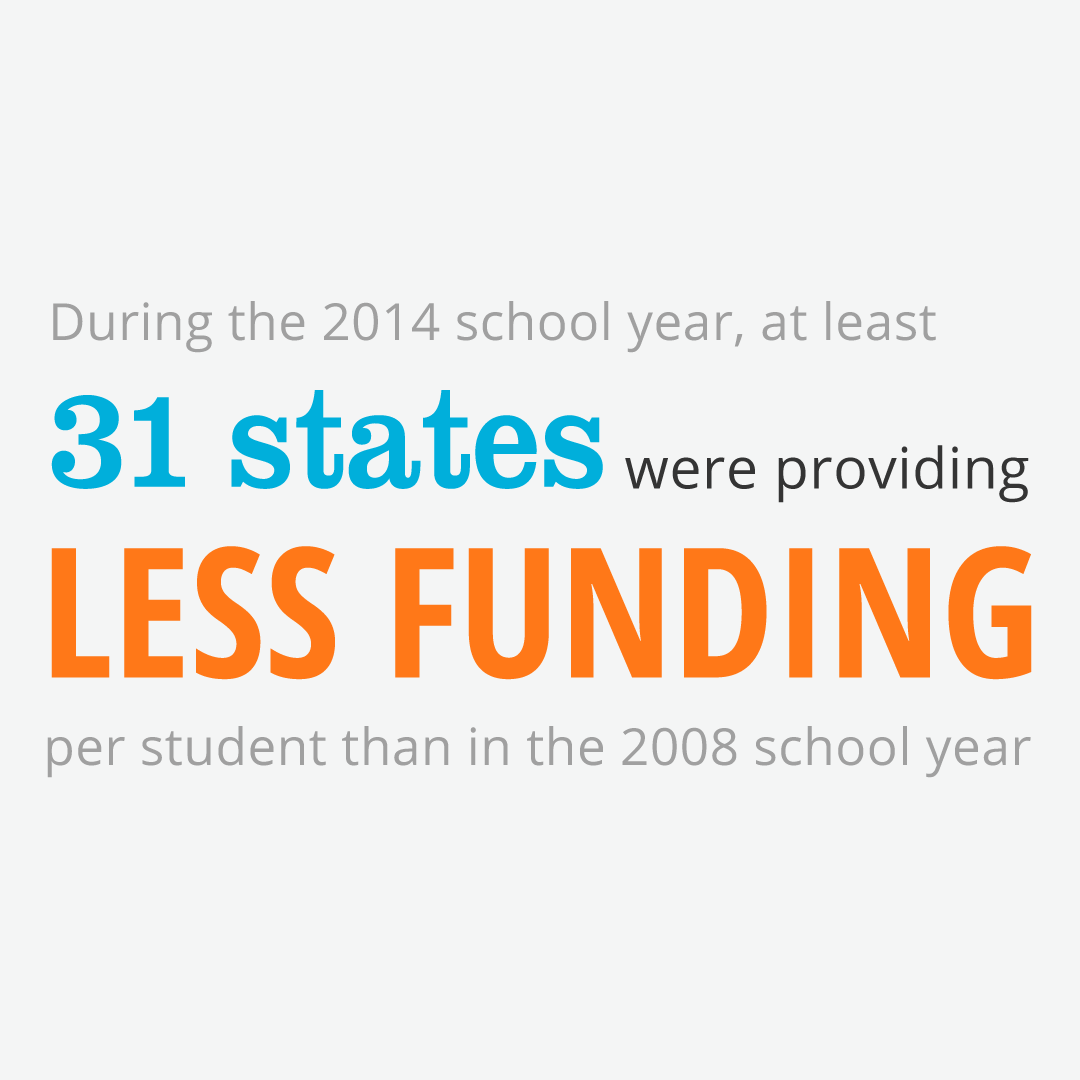Across the nation, state legislatures are considering legislation that would weaken or eliminate professional licensing requirements for civil engineers and other technical professions. This means that the public’s health, safety, and welfare could be at risk. Imagine someone designing a bridge or building critical infrastructure projects like roads, airports, dams, and more – who does not have the credentials to do so. So ASCE and other coalition members in the Alliance for Responsible Professional Licensing (ARPL) decided to find out what the public thinks.
The survey, conducted by Benenson Strategy Group, found that overall, consumers are concerned about the rush to eliminate professional licensing and clear support for rigorous professional licensing standards for professions that have a clear impact on public health, safety, and welfare – like civil engineering. The majority say that current professional licensing requirements are effective and should remain untouched. However, voters are largely uninformed when it comes to the nuances of regulation and licensure requirements, and governing boards who oversee these measures. In fact, some voters believe the market can self-regulate itself. What timing: the findings come as state legislatures across the country are considering broad proposals to overall or eliminate state licensing requirements in the current legislative session.
For example, legislation weakening state professional licensing requirements was introduced in the West Virginia legislature earlier this month. Similar legislation is expected to be introduced in other states in the coming weeks and months.
Eliminating licensing has become a top priority of groups such as the conservative American Legislative Exchange Council (ALEC) and the Koch-funded Americans for Prosperity, with model legislative proposals that include the complete elimination of all professional and occupational licensing. Key findings of the survey include:
- 75% of voters believe that it is important to ensure qualifications for professionals in certain industries. A majority of voters believe that current professional licensing requirements protect the public and should not be reformed.
- More than 70% of voters believe that regulating professionals in accounting, engineering, architecture, landscape architecture, and related fields with high impact on public safety and welfare is important.
- 71% of voters believe professional licensing should be required unless it can be proven that eliminating licensing will not have a negative impact on public health and safety. The public is wary of the alternative approach: requiring licensing only when it is proven necessary for health and safety.
- 67% of voters believe that consumers are best protected by a system that regulates education, examination and experience standards—all of which are overseen by a professional licensing board.
- Millennials, conservatives, and minorities make up three main cohorts who are most prone to believe free market provides better protection than licensing.
ASCE supports licensure as a Professional Engineer (PE) to demonstrate an individual’s competency in the breadth of the civil engineering practice. ASCE also supports post-PE credentialing that attests to a Professional Engineer’s expertise in a civil engineering specialty area. Obtaining a post-PE credential should require the engineer to demonstrate attainment of an appropriate body of knowledge in that specialty area. ASCE advocates that an individual should first obtain a license as a professional engineer, followed, if desired, by subsequent post-PE credentials such as licenses, licensing board designations, specialty certifications, and/or titles.
Background:
ARPL is a unique coalition that brings together professional organizations and their licensing boards at a time when there is significant concern over the appropriate level of licensing required by law. The coalition was formed to ensure their voices are heard by policymakers and the public amid the growing debate around licensing. You can learn more about the Alliance and the importance of professional licensing at www.responsiblelicensing.org.
Members of ARPL include the American Institute of Certified Public Accountants (AICPA), American Institute of Architects (AIA), American Society of Civil Engineers (ASCE), the American Society of Landscape Architects (ASLA), the Council of Landscape Architectural Registration Boards (CLARB), National Association of State Boards of Accountancy (NASBA), National Council of Architectural Registration Boards (NCARB), National Society of Professional Engineers (NSPE) and National Council of Examiners for Engineering and Surveying (NCEES).























































